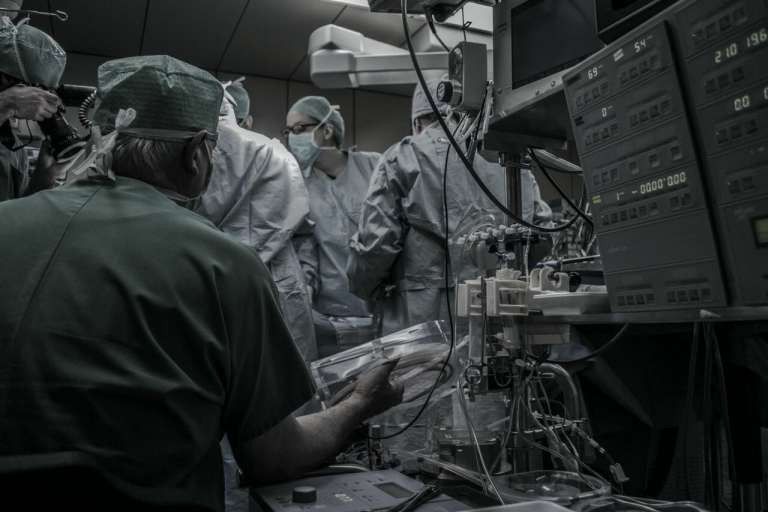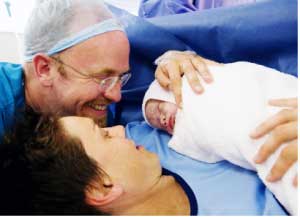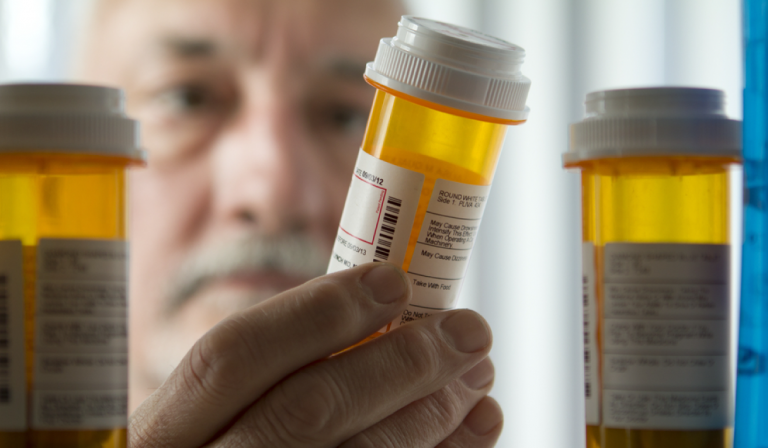12 patient deaths have been linked with safety concerns about NHS Pathways, the clinical software used to triage patients calls to the NHS 111 and 999 services.
Two cases include children who died from intestinal problems which were not quickly identified.
An investigation by the Health Service Journal (HSJ) revealed that coroners have issued reports calling on the NHS and Department of Health and Social Care, to take action to prevent future fatalities.
The helpline uses the NHS Pathways algorithm to “assess, triage and direct the public to urgent and emergency care services”.
However, reports have warned that NHS Pathways’ algorithms were not precise enough to elicit vital information about several life-threatening health conditions.
Most recently, a dad has blamed the program for the death of his teenage son. His son, 17 years old, should have been sent to a GP within two hours of calling with severe stomach pain but was advised to contact his GP practice within six hours.
The 17-year-old was suffering from a condition that caused multi-organ failure, and he passed away after three weeks in intensive care. The Coroner who investigated his death has since issued a prevention of future deaths letter to NHS England, NHS 111 and NHS Digital which provides the computer programme.
In 2015, the death of a six-year-old boy was linked to the same controversial system after NHS 111 call handlers missed a number of “red flags”. His dad was unable to get hold of a doctor for six hours before his son passed away. He repeatedly called NHS 111 but call handlers failed to recognise that the boy’s condition was life-threatening.
A similar case occurred in 2014 when a two-year-old boy died from an acute bacterial infection after the seriousness of his condition was not picked up by NHS 111 call handlers. This led to delays in him attending A&E.
The deaths of two women aged 37 and 67 in January 2015 were found to have been affected by NHS 111 advisors failing to identify the deadly condition.
HSJ said at least three different ambulance trusts had previously raised concerns with the national NHS Pathways team about the software failing to advise call handlers to identify agonal breathing.
A spokesman for NHS England, which has overall responsibility for the system, said: “The assessment systems are regularly reviewed by clinical experts to ensure that they classify a patient’s needs as accurately as possible, based on the answers given by the person making the call, and therefore give them the right response or advice.
“NHS 111 services deal with over 16 million calls every year, and while incidents like these are therefore extremely rare, where concerns are raised they are clinically investigated and any necessary changes made – building on the NHS’ reputation as one of the safest health systems in the world.”
Angus Buchanan, a Clinical Negligence solicitor at Pryers commented “Early diagnosis is often critical to a patient’s recovery. The NHS is a system which works on the limits of its resources so they must introduce technology that delivers a service more cost effectively, but they must be robust and thorough. If there is ever any risk to the patient those issues need to be resolved immediately.”





